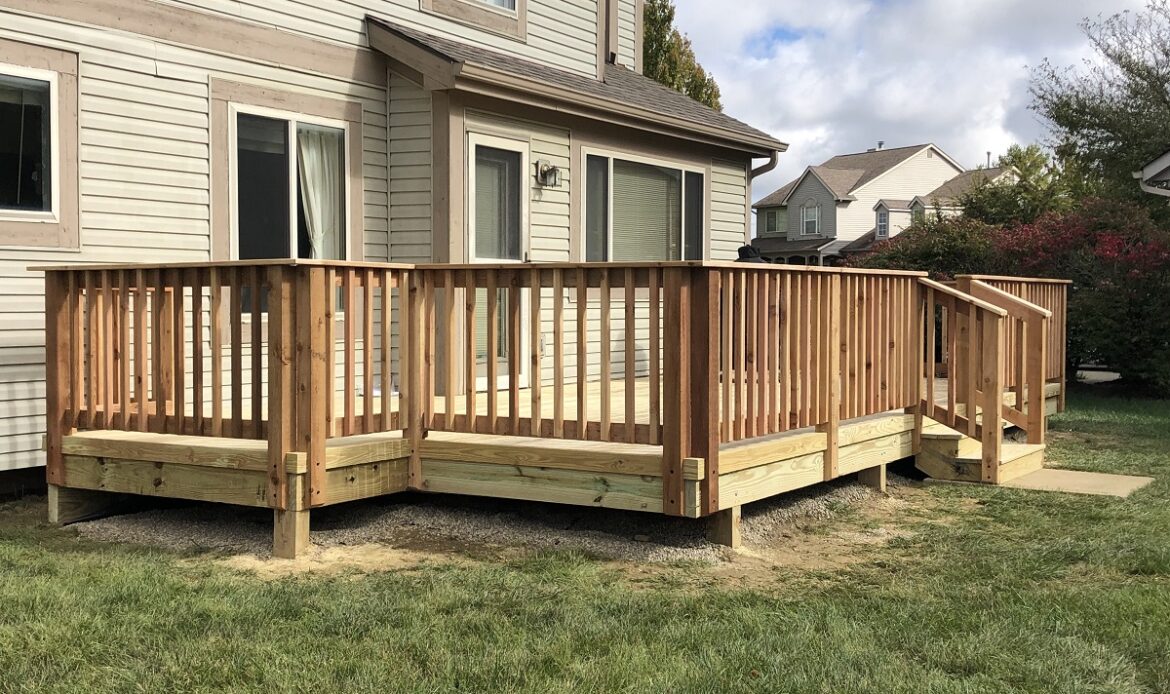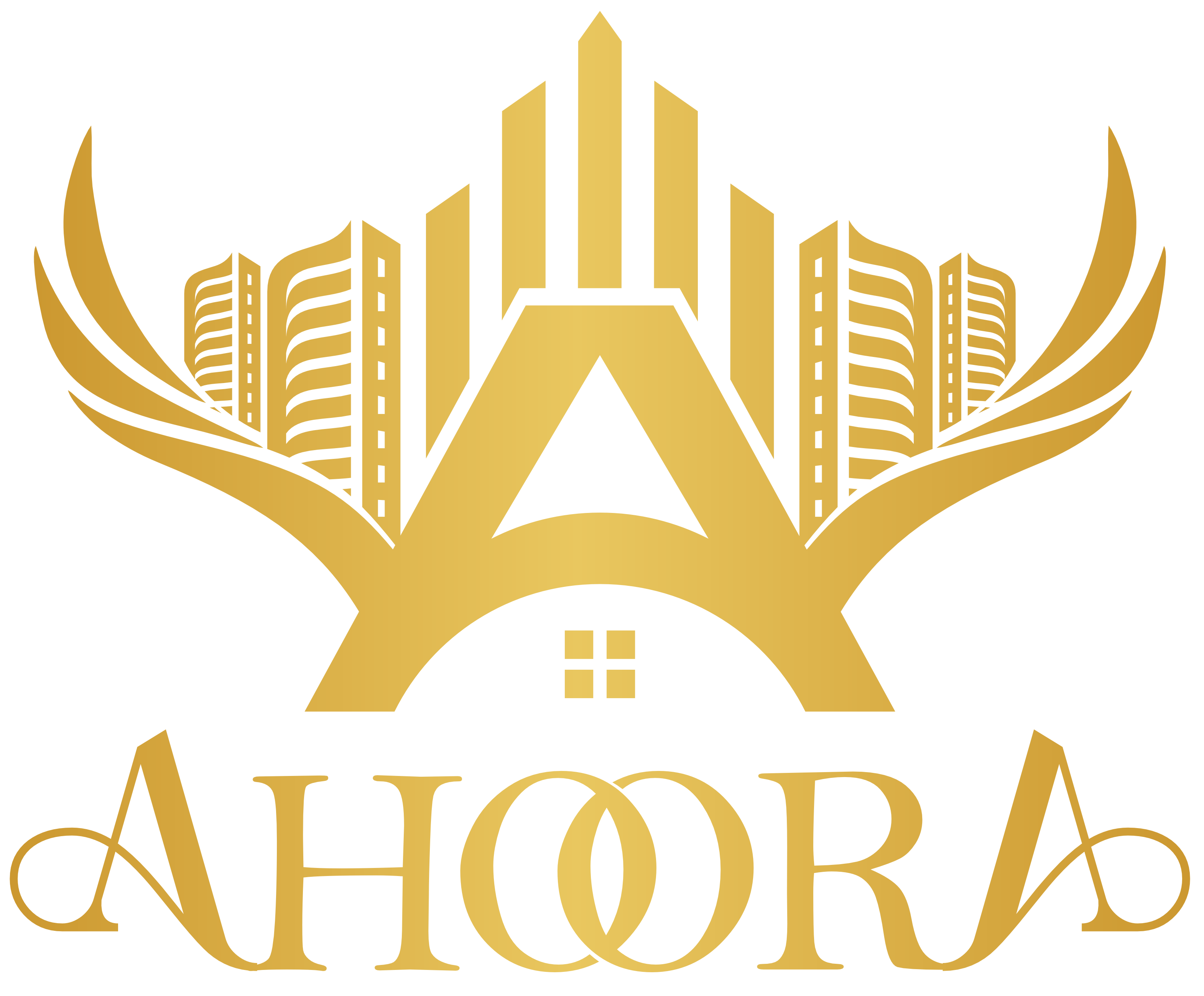Planning a home renovation is exciting—but it can also feel overwhelming, especially when it comes to money. If you’re wondering how to budget for a major home renovation project, you’re not alone. Many homeowners in Toronto and the GTA start their projects without a clear financial plan, only to face surprise costs and delays along the way.
In this blog, we’ll guide you step-by-step on how to create a smart, realistic renovation budget. Whether you’re upgrading your kitchen, finishing a basement, or remodeling your entire home, we’ll show you how to plan your spending, avoid common mistakes, and make confident decisions. With the right strategy, your dream home can become a reality—without breaking the bank.
Table of Contents
Budget for a Major Home Renovation
Before picking paint colours or shopping for fixtures, the most important step in any major home renovation project is setting a realistic budget. A well-planned budget helps you avoid stress, manage costs, and ensure your renovation stays on track from start to finish.

Project in Toronto & the GTA
When planning a major home renovation project in Toronto and the GTA, it’s important to understand how local factors can affect your budget. From neighbourhood pricing differences to permit requirements, the location of your renovation plays a big role in shaping your overall costs.
Cost Differences by Area
Renovation costs in the Greater Toronto Area can vary significantly depending on where you live. For example:
- In downtown Toronto, full home remodels often start at $350–$500 per square foot due to higher labour and permit fees.
- In suburban areas like Mississauga, Vaughan, or Markham, the same project might range from $250–$400 per square foot.
This means two homeowners with similar renovation plans could end up with very different budgets based solely on location.
Permit and Zoning Considerations
In Toronto, many major renovations require permits, especially if you’re changing structural elements, electrical systems, or plumbing. Each municipality in the GTA has its own permit rules and fees. Budgeting for these in advance is crucial. Delays caused by missing or incorrect permits can lead to unexpected costs and project setbacks.
Local Contractor Availability and Labour Rates
Another factor to consider is the availability and cost of skilled labour. Toronto has a busy renovation market, and high demand can drive up contractor fees. Booking your renovation well in advance and choosing a reliable, local contractor—like Ahoora Homes—can help you secure fair pricing and avoid last-minute surcharges.
Understanding Home Renovation Costs in Toronto
Before creating a budget for your renovation, it’s important to understand the typical costs involved in home remodeling across Toronto. Knowing the price range for each part of your project helps you plan realistically and avoid financial surprises.
Average Cost Per Square Foot
In Toronto, the cost of a major home renovation usually ranges from $250 to $500 per square foot. The final cost depends on the size of your home, the complexity of the work, and the materials you choose. For example:
- Basic renovations (simple layouts, standard materials): $250–$300/sq.ft.
- Mid-range remodels (custom finishes, upgraded fixtures): $300–$400/sq.ft.
- Luxury renovations (high-end materials, structural changes): $400–$500+/sq.ft.
If you’re renovating a 2,000 sq.ft. home, you could expect the total cost to fall between $500,000 and $1,000,000, depending on your choices and scope.
Key Factors That Influence Renovation Costs
Several elements can affect how much your home renovation in Toronto will cost:
- Age of the home – Older homes often need electrical, plumbing, or insulation upgrades.
- Labour and contractor rates – Skilled trades are in high demand across the GTA.
- Permit fees – Structural or zoning changes require permits, which come with added costs.
- Material selections – Finishes like quartz countertops, hardwood flooring, or custom cabinetry can significantly raise your total.
- Design changes during construction – Last-minute decisions can increase both time and cost.
Room-by-Room Cost Estimates
To help you plan better, here’s a quick look at common renovation costs in Toronto:
- Kitchen renovation: $30,000–$70,000+
- Bathroom remodel: $15,000–$40,000
- Basement finishing: $40,000–$100,000+
- Full home remodel: $250,000–$1,000,000+
These figures are averages and may vary depending on location, design preferences, and contractor pricing.
Creating a Bottom‑Up vs Top‑Down Renovation Budget
When learning how to budget for a major home renovation project, it’s important to choose the right budgeting method. Homeowners generally use one of two approaches: bottom‑up budgeting or top‑down budgeting. Both methods have their advantages, and the right one depends on your goals, flexibility, and financial situation.

What Is a Top‑Down Renovation Budget?
A top‑down budget starts with a fixed total amount you’re willing to spend. From there, you divide that amount across different parts of the renovation—like kitchen upgrades, flooring, or bathroom remodels. This method works well if your budget is limited and you need to prioritize spending.
Example:
You set a $150,000 limit for your full home renovation. You allocate $60,000 for the kitchen, $40,000 for bathrooms, and $50,000 for other spaces. This helps you stay within your overall target, but may require compromises if costs rise.
Best for:
- Homeowners with a firm budget cap
- People focused on overall cost control
- Simple renovations with clear priorities
What Is a Bottom‑Up Renovation Budget?
A bottom‑up budget starts by identifying all the specific tasks in your renovation and gathering detailed estimates for each. You add up all the individual costs to create your total budget. This method gives you a more accurate view of the true cost and allows for better planning.
Example:
You consult contractors, research materials, and price out labour, permits, and finishes for each part of your renovation. After adding everything up, you discover your renovation will cost $180,000. If that’s over your ideal budget, you can go back and adjust the details accordingly.
Best for:
- Larger or more complex renovation projects
- Homeowners who want full transparency
- Those willing to spend time on detailed planning
Which One Should You Use?
If you’re doing a major renovation in Toronto, the bottom‑up method is usually more accurate because it reflects the real costs of labour and materials in the GTA. However, if you have a strict budget limit and want to control spending tightly, the top‑down method might be better.
Many successful projects use a hybrid approach—starting with a top‑down number, then refining it using bottom‑up details.
Step-by-Step: Build Your Renovation Budget
Once you understand the different budgeting methods, it’s time to build your renovation budget step by step. Whether you’re renovating a kitchen, bathroom, or your entire home, following a clear process will help you avoid mistakes and manage costs effectively.
Step 1: Define the Scope of Your Renovation
Start by listing exactly what you want to renovate. Are you updating just the interior, or are you including exterior elements like roofing or landscaping? A well-defined scope will help you get accurate quotes from contractors and keep your budget focused.
Step 2: Gather Cost Estimates
Research local pricing or contact trusted contractors in Toronto and the GTA to get rough estimates. Be sure to include:
- Labour costs
- Materials and finishes
- Permit fees
- Demolition and disposal
- Design or architectural services (if needed)
Using real numbers instead of guesses is key to building a budget that works.
Step 3: Add a Contingency Fund
No renovation goes exactly as planned. Hidden issues like outdated wiring, mold, or structural damage are common in older Toronto homes. Add a 10%–20% contingency buffer to your total budget to cover any surprises without derailing your project.
Step 4: Break Down the Budget by Category
Organize your renovation costs into clear categories to track spending more easily:
- Labour (e.g., contractor, electrician, plumber)
- Materials (e.g., flooring, cabinetry, lighting)
- Permits and inspections
- Temporary costs (e.g., storage, alternative housing)
This breakdown helps you identify which areas take up the biggest portion of your budget and where you may be able to save.
Step 5: Track Your Expenses
Use a spreadsheet or budgeting tool to record every cost as your renovation progresses. Keep receipts, update totals regularly, and compare your actual spending to your original plan. This habit helps you stay within budget and make informed adjustments if needed.
Step 6: Adjust and Rebalance as Needed
If you notice that one part of your renovation is going over budget—like a more expensive countertop or appliance—you may need to reduce costs in another area to stay balanced. Budgeting isn’t just a one-time task—it’s an ongoing process throughout the renovation.
Tools & Templates to Simplify Budgeting
Creating a budget for a major home renovation project doesn’t have to be overwhelming. With the right tools and templates, you can stay organized, track your expenses, and avoid costly mistakes. These resources make it easier to plan every step of your renovation with confidence.
Renovation Budget Spreadsheet
A detailed renovation budget spreadsheet helps you list all your expected costs in one place. You can break down your budget by room, category (labour, materials, permits, etc.), and even include your contingency fund.
Tip: Use a customizable Google Sheets or Excel template so you can adjust it as your project evolves.
Benefits:
- Real-time tracking of actual vs. estimated costs
- Automatic calculation of totals and balances
- Clear visibility into overspending or savings
Home Renovation Cost Calculator (Canada-Based)
Several online tools allow you to input the size of your space, project type, and location to estimate renovation costs in Toronto. These calculators often include regional pricing for labour and materials, making them more accurate for homeowners in the GTA.
Popular options include:
- TrustedPros cost estimator
- RenoQuotes.ca calculator
- Custom-built calculators by local contractors
Printable Budgeting Checklists
Checklists help you remember every detail, from permit applications to appliance delivery. Use them to track tasks, quotes, deposits, and completion dates.
Include:
- Material and finish selections
- Contractor contacts and scheduled work
- Permit numbers and deadlines
- Notes for design changes or upgrades
Project Management Apps
Apps like Trello, Asana, or Houzz Pro can help you stay organized. You can use them to:
- Set reminders for payments or inspections
- Share plans and photos with your contractor
- Keep a timeline of progress
Conclusion
Budgeting for a major home renovation project in Toronto or the GTA doesn’t have to be overwhelming. By understanding local costs, using the right tools, and choosing between bottom-up or top-down budgeting, you can take control of your renovation spending. Planning ahead not only protects your investment but also ensures your project runs smoothly from start to finish. Whether you’re doing a full-home remodel or updating a few rooms, a clear renovation budget is your best tool for success. Use local data, add a contingency fund, and track your expenses to stay on track. With smart planning, your dream home is within reach.
FAQs
-
How much does a major home renovation cost in Toronto?
A major home renovation in Toronto typically ranges from $250 to $500 per square foot, depending on the size, scope, and finishes used. For a full-home remodel, homeowners can expect to spend anywhere from $300,000 to over $1 million, depending on location and design choices.
-
What percentage of my renovation budget should be for unexpected costs?
Experts recommend setting aside 10% to 20% of your total renovation budget as a contingency fund. This helps cover surprise expenses such as structural repairs, outdated wiring, or hidden water damage that often appear during renovations.
-
Is it cheaper to renovate all at once or in stages?
Renovating all at once is usually more cost-effective than doing it in stages. You save on labour, materials, and permit fees, and contractors can work more efficiently when everything is done together. However, your budget and living situation will ultimately decide what works best.
-
Do I need a permit for my home renovation in Toronto?
Yes, most major home renovations in Toronto require permits, especially if structural changes, plumbing, or electrical work are involved. Check with your local municipality or work with a licensed contractor who can handle the permit process for you.
-
How can I estimate my renovation costs more accurately?
To estimate costs more accurately, use a bottom-up budgeting approach—gather quotes from local contractors, research material prices, and factor in permit and design fees. Online renovation cost calculators and budgeting spreadsheets can also help you plan with greater precision.

